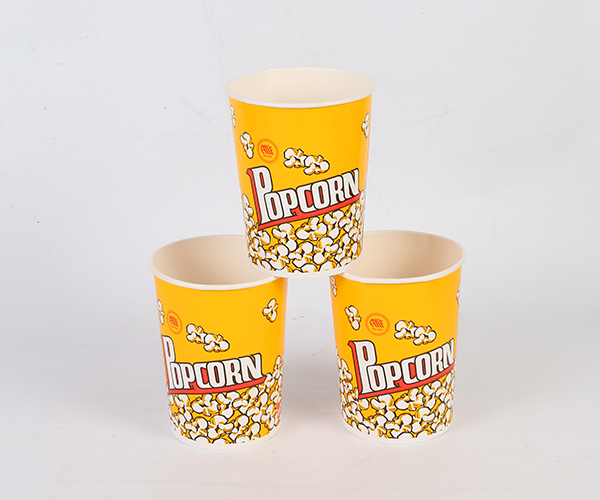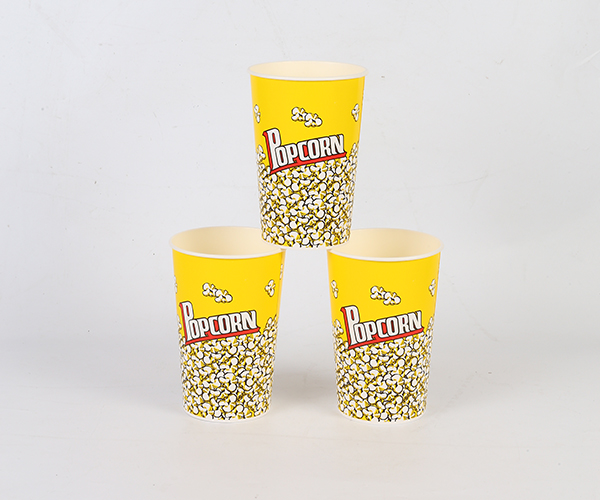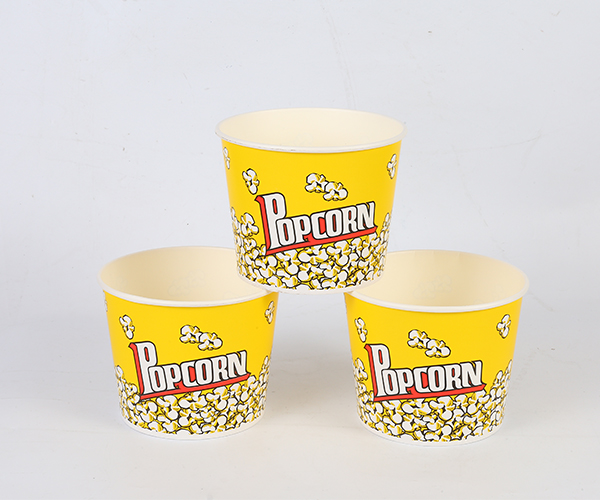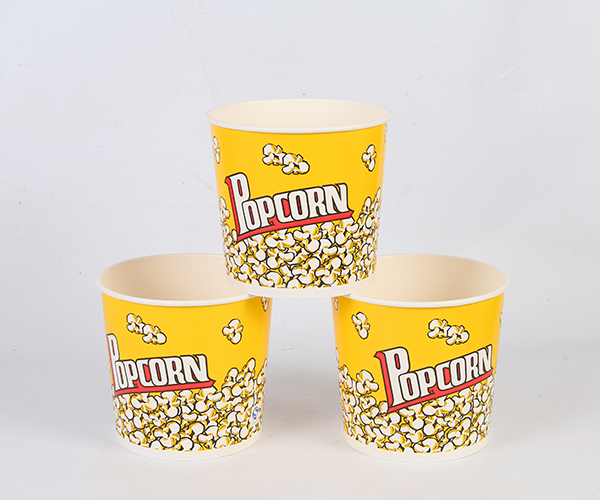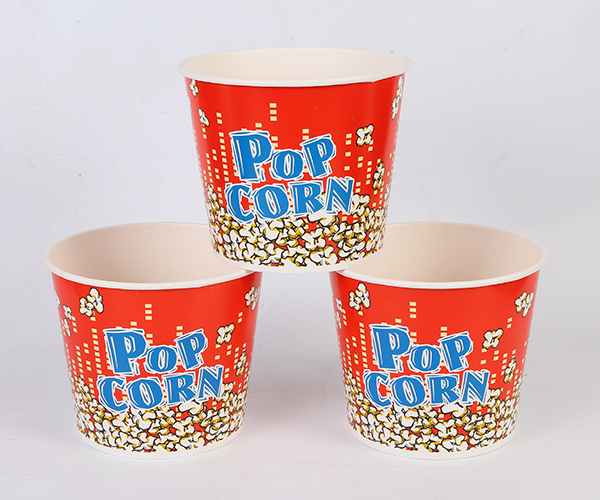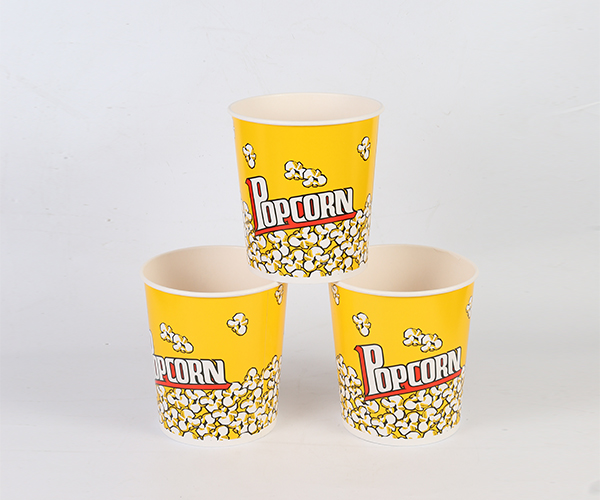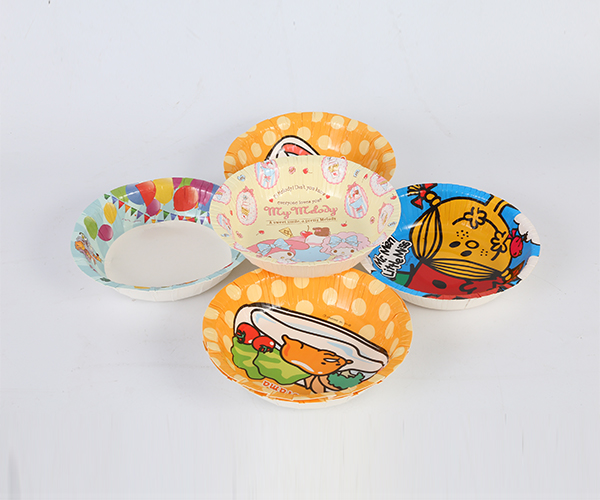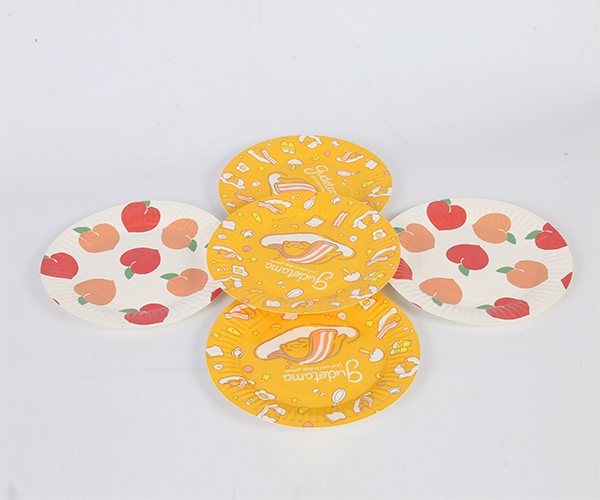China ODM Private Label Paper Cups Manufacturing Producer
In the disposable beverage container market, Private Label Paper Cups and plastic cups are two of the prevalent options. Each has its own set of advantages and disadvantages that cater to different needs and preferences within the hospitality and catering industries. This article aims to delve into the specifics of what makes Private Label Paper Cups stand out against plastic cups and vice versa.
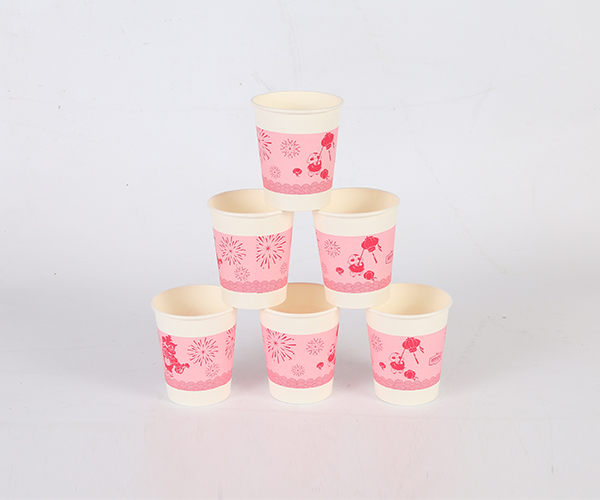
One of the primary advantages of Private Label Paper Cups is their eco-friendliness. Unlike plastic cups, which are derived from petroleum and take hundreds of years to decompose, paper cups are made from renewable resources like wood pulp. This sustainability factor is crucial in today's environmentally conscious society. Private Label Paper Cups also provide a more natural and aesthetically pleasing appearance, which can enhance the brand image and appeal to consumers who prefer products with a reduced environmental footprint.
However, when it comes to durability, plastic cups often have the upper hand. They are less likely to leak and can withstand higher temperatures without becoming soggy or collapsing. This makes them a popular choice for outdoor events or situations where stability and strength are paramount. On the other hand, Private Label Paper Cups, while they have improved in terms of strength and heat resistance with the use of coatings and other technological advancements, still may not match the resilience of plastic cups in all scenarios.
Cost is another factor to consider. Private Label Paper Cups can be more expensive to produce due to the customization involved in printing logos and designs. This added cost can be a disadvantage for businesses with tight budgets. Conversely, plastic cups are generally cheaper to manufacture, which can be an advantage for cost-conscious buyers. Nevertheless, the long-term environmental costs associated with plastic waste may outweigh the initial savings.
Hygiene is another area where Private Label Paper Cups excel. Paper cups are single-use, which reduces the risk of cross-contamination and is particularly important in healthcare and food service settings. Plastic cups, while also available as single-use, can harbor bacteria if not properly cleaned, and their reuse can be a hygiene concern.
In terms of insulation, plastic cups tend to provide better heat retention, keeping hot beverages warm for longer periods. Private Label Paper Cups, while they can be lined with materials to improve insulation, may not offer the same level of thermal protection, which could be a disadvantage in settings where maintaining the temperature of the beverage is crucial.
Lastly, the recyclability of Private Label Paper Cups is a double-edged sword. While paper is recyclable, the presence of coatings and laminates can complicate the recycling process. Plastic cups, depending on the type of plastic used, may not be as widely accepted in recycling streams, causing environmental concerns.
In conclusion, the choice between Private Label Paper Cups and plastic cups depends on a variety of factors, including environmental impact, cost, durability, hygiene, insulation, and recyclability. Each option has its own set of advantages and disadvantages, and the decision often comes down to the specific needs and values of the business or event planner. Understanding these factors can help in making an informed choice that aligns with both practical requirements and ethical considerations.


 English
English 中文简体
中文简体